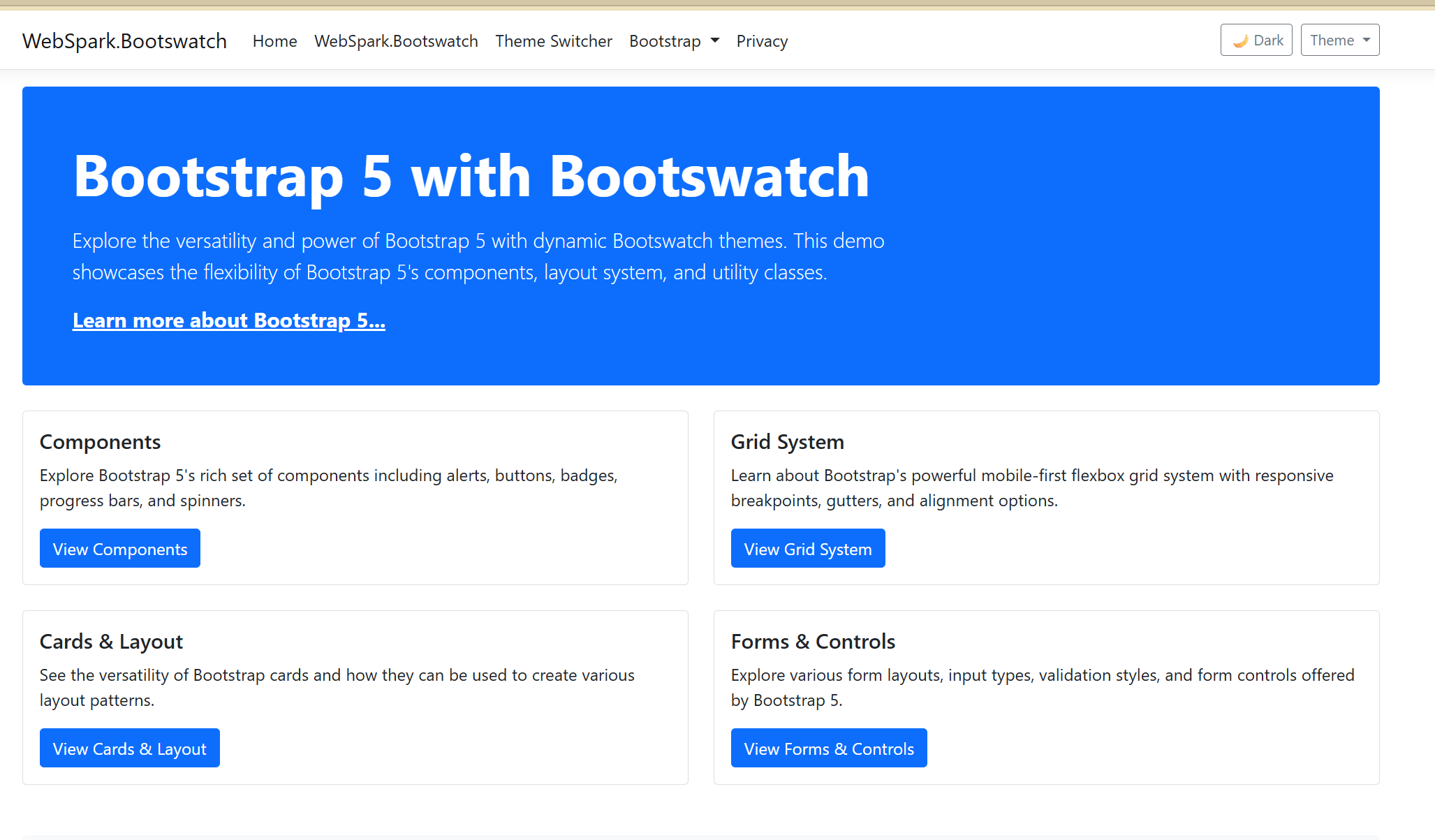Mark Hazleton – Technical Solutions Architect
Scalable System Architecture for Healthcare & Enterprise
Technical Solutions Architect specializing in .NET, Azure, and resilient system design. I help business leaders and engineering teams design scalable cloud architectures, build robust API patterns, and implement AI-driven solutions that deliver measurable outcomes. My work connects strategy, cloud infrastructure, and practical engineering to build systems that stay reliable when the stakes are high.
I'm Mark Hazleton, a Technical Solutions Architect with 25+ years designing resilient .NET and Azure systems for healthcare and enterprise. I write about what actually works in cloud architecture, system design, and engineering leadership.
More about my backgroundFeatured Open Source Packages
NuGet and npm packages I've authored for the developer community.

Git Spark: Advanced Git Repository Analytics Tool
Git Spark is an npm CLI tool and Node.js library that analyzes Git repository commit history to provide insights into contributor activity, code changes, and development patterns. Generates interactive HTML reports with charts, plus JSON, CSV, and Markdown exports.



WebSpark Bootswatch Theme Integration Library
WebSpark.Bootswatch is a .NET Razor Class Library (NuGet package) enabling seamless Bootswatch theme integration into ASP.NET Core applications. Version 2.0+ targets .NET 10 exclusively, featuring dynamic theme switching, light/dark mode with auto-detection, tag helper support, and high-performance StyleCache caching.



WebSpark.HttpClientUtility
WebSpark.HttpClientUtility is a drop-in HttpClient wrapper for .NET 8-10+ with Polly resilience (retries, circuit breakers), response caching, correlation IDs, and OpenTelemetry tracing — configured in one AddHttpClientUtility() call. Includes a separate Crawler package for web scraping. 237+ unit tests across 3 frameworks.


Project Mechanics Framework
A battle-tested project management methodology covering the complete project life cycle, portfolio governance, leadership, and organizational change.
Methodology
The foundational framework defining the Project Life Cycle, portfolio alignment, and the core principle that project management is part art, part science.
Project Management
Master the five project phases from initiation through closure, with proven practices for scope control, risk management, and stakeholder communication.
Portfolio & PMO
Strategic framework for managing multiple projects as a unified portfolio, establishing a PMO, and optimizing resource allocation across your organization.
6 disciplines · Methodology, Leadership, Portfolio Management & more
Latest Architecture & Engineering Posts
Cloud architecture insights, .NET best practices, and system design patterns.